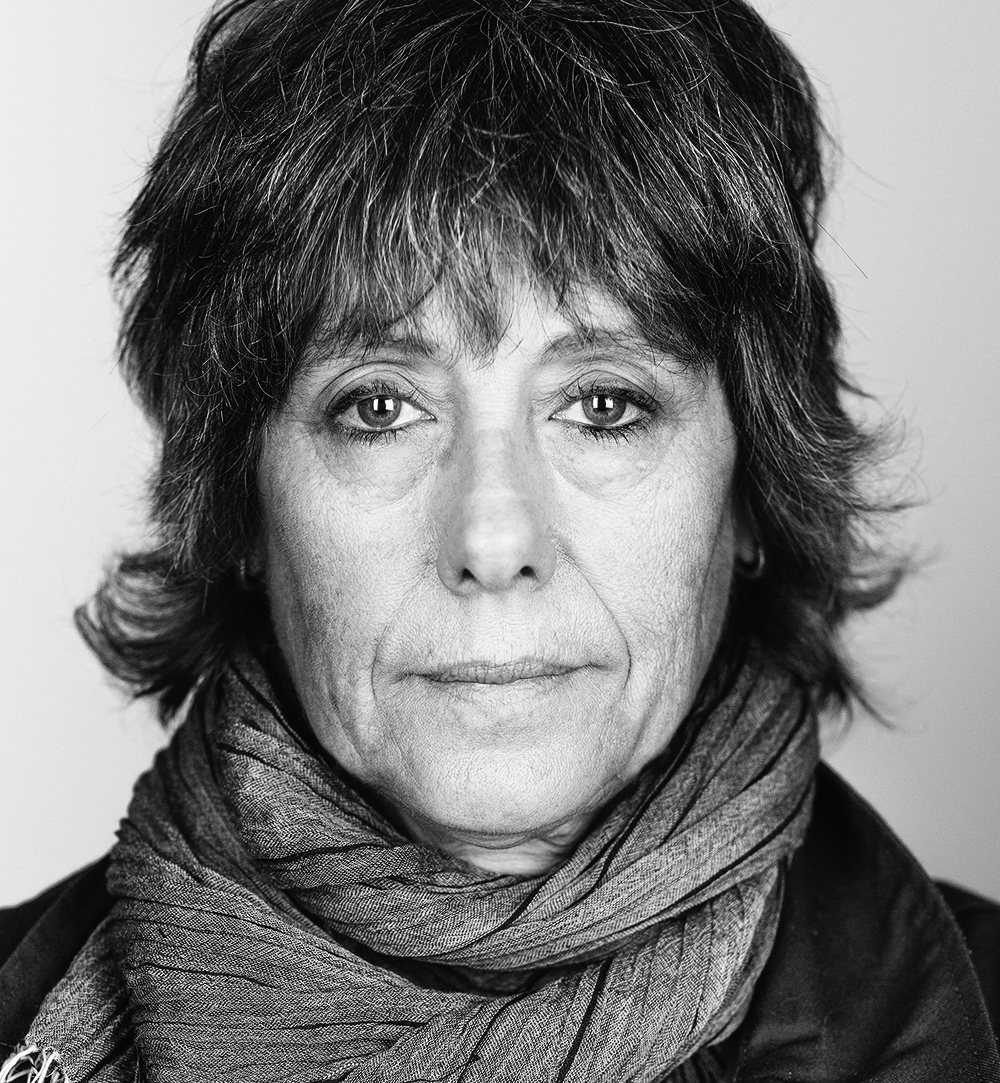There was fierce lobbying at Parliament’s portfolio committee on agriculture on Tuesday for a speedy ban of the pesticides Aldicarb and Terbufos, with revelations that these toxic chemicals had led to the deaths of children and affected the health of agricultural workers and wider society.
The committee heard that a study between 2010 and 2019 showed that 50% of children who died in the Western Cape of suspected poisoning had been exposed to Terbufos.
A retrospective study uncovered 54 deaths due to pesticide poisoning in the western metropole of Cape Town, representing a significant number of the 5,181 unnatural paediatric deaths recorded in that period.
Thenjiswa Nxumalo from the South African Human Rights Commission (SAHRC) told the committee that the reality was “one of race, history and particular bodies. We cannot silence that reality. We continue to struggle to move away from a history of inequality.”
The problem needed to be dealt with holistically, taking into account who the victims had been of the continued use of highly toxic pesticides and also the widespread availability of these substances, she said.
Agriculture Minister John Steenhuisen and his team were reporting back to the committee on investigations into the continued use of deadly organophosphate pesticides in agriculture.
In October 2024, six children in Naledi, Soweto — Monica Sebetwana (6), Ida Maama (7), Isago Mabote (8), Karabo Rampou (9), Njabulo Msimanga (7) and Katlego Olifant (7) — died from Terbufos poisoning, allegedly after eating contaminated snacks from a spaza shop.
Ban them ASAP
Steenhuisen told the committee that organophosphate pesticides were widely used in South Africa because they enhanced crop yields and getting farmers to stop using them would take time.
The Department of Agriculture, he said, planned to engage with small and family farmers about alternative methods of farming that were environmentally beneficial.
During question time, several committee members pointed out that the children who died in October 2024 all lived in poor areas where there was little or no service delivery, which led to an overpopulation of rats and other disease-carrying pests. The pesticide used to kill these pests was bought from street vendors.
Steenhuisen agreed that highly toxic pesticides were still used in agriculture in South Africa despite having been banned in Europe and some SADC countries for their detrimental effects on humans and the environment.
The department was making preparations to shift to other forms of control which were less environmentally devastating, he said.
Read more: Agriculture Minister faces scrutiny as South Africa delays ban on toxic organophosphates after child deaths
Bad labour
Nxumalo also reported to the committee that a study of farmworkers in the Western Cape revealed, that in some cases, there were no ablution facilities for workers to wash after working with pesticides.
“Extensive research has been done on many farms where there are no ablution or toilet facilities,” she said.
Workers who came into contact with highly toxic pesticides endangered their lives and those of their family members when washing at home with the water running off into other sources.
“People end up with cancer and other neurological diseases. Many of the workers are seasonal and are nowhere to be found but are simply replaced with another body,” said Nxumalo.
She said there might be strict compliance with regard to the export from South Africa of toxic chemicals, but there was no such concern for the “human rights of the actual workers”.
“What are the consequences for the farmers who are exposing farmworkers to such conditions?” she asked.
There was a sense from the previous minister of agriculture and the incumbent that there were no alternatives, she said.
“We are calling for a ban on what the state has been doing for decades.”
Read more: Growing urgency to strengthen SA regulations on harmful pesticides
ActionSA’s Athol Trollip said the contamination of water sources exacerbated the problem of pesticides as “they have to flow somewhere and they flow into our river sources”.
The question, he said, was why South Africa continued to use these pesticides.
The 2019 study found 187 pesticide compounds in three watersheds in the Western Cape: Grabouw, Picketberg and Hex River Valley. Of these, several chemicals banned by the European Union were found.
Nxumalo said that a coalition of vulnerable communities, civil society, trade unions and the South African People’s Tribunal on AgroToxins was working to expose the harmful impact of highly toxic pesticides.
In November 2024, the organisation launched a petition calling for urgent action, referencing UN Special Rapporteur on Toxics and Human Rights Dr Marcos Orellana’s 2023-24 report warning of the dangers posed by pesticides, particularly Terbufos.
She said the chemical industry “wields significant influence over regulatory decisions, often prioritising corporate interests over the wellbeing of the population”. DM





